A Note to the Reader
Welcome to the Departure Lounge is a memoir written over the course of ten years. I have relied on my own observations and memories, though a few stories were reported to me. I have taken the liberty of shaping the scribbled accounts in my journal into a narrative. Unavoidably, the contributions of my brothers and sisters, additional relatives, and friends to the care of my mother and stepfather are not fully reflected in my rendering, and some events have been simplified in service of clarity.
Further, to avoid identifying details, I changed names and identifying details for people, names for most businesses and institutions, and names for some locations. The location Greystone Gallery, in chapter 7 (To Her Health), is a fictionalized composite, drawn from my memory of several galleries patronized by my mother over the course of many years.
And I'd like to acknowledge that for many family caregivers, coming up with the money to provide for aging parents is a crippling concern.
Meg Federico
Chapter One
I DEMAND AN AUTOPSY!
 was sitting at my desk plowing through bills when the phone rang. My stepsister, Cathy, never called unless we had problems. Her father, Walter Huber (age eighty-two), and my mother, Addie Henry (age eighty-one), after a dramatic and sometimes bruising courtship, married a few years ago. Not one of the eight offspring (me and my four siblings, Cathy and her two) in our newly blended family was pleased about this union, but there was nothing we could do about it. After all, our parents were grown-ups.
was sitting at my desk plowing through bills when the phone rang. My stepsister, Cathy, never called unless we had problems. Her father, Walter Huber (age eighty-two), and my mother, Addie Henry (age eighty-one), after a dramatic and sometimes bruising courtship, married a few years ago. Not one of the eight offspring (me and my four siblings, Cathy and her two) in our newly blended family was pleased about this union, but there was nothing we could do about it. After all, our parents were grown-ups.
At present, Addie and Walter were escaping the New Jersey winter, vacationing in West Palm Beach, Florida, where, Cathy informed me, Mom stumbled and fell and hit her head on the curb. A stranger, seeing the two old people in a state of emergency (a fairly common sight in Florida), kindly called an ambulance for Mom and packed Walter into a taxi.
The ambulance paramedic, recoiling from Mother's ninety-proof breath, scribbled ETOH all over her medical forms. ETOH is medical jargon for ethanol. In Mom's case, it meant martinis.
While Mom was out cold, the ER staff tried to pry information out of Walter, who was upset and couldn't remember anything. Suddenly, Mom sat bolt upright on the gurney and yelled, I demand an autopsy! before passing out again.
I'm not getting an autopsy! Walter roared. You have to be dead to get an autopsy! Apparently, after the nurses got him calmed down, they shipped him off to an emergency Alzheimer's unit (which they also have in Florida), where he had been locked up for three days before he finally divulged Cathy's number. She was now on her way to retrieve him.
I called St. Stephen's Hospital and finally got Mom. Oh, hello, dearie, she said brightly, as though I just happened to call as she bounded off the tennis court. Isn't this a bore? I could leave right now, but to be safe I thought I'd get a few tests done. She sounded peachy. A lamp fell on my head at the hotel, but really it's nothing. A big old Biedermeier lamp! Like any good liar, she added the Biedermeier bit to make her story plausible. The facts were irrelevant; I wasn't going to win any arguments against that lamp.
Watching my mother for the past few years had been a lot like watching a blindfolded lady ride a unicycle on a tightrope. You can't take your eyes off her as she wobbles up there completely unaware that she's fifty feet above the ground because she can't see. And if you attempt to point out her peril, she thinks you're trying to ruin her career. Just when you're sure she's going to plunge to her death, the blind lady yanks the bike upright. See? she says. You worry too much.
I did worry. I'd been worried for years, because one day Mom was going to fall. It would be a terrible accident I could not prevent, and she might just fall right on top of me.
Then later that same day, Cathy called again, from the Sunshine State. Our problems were getting worse. You better get down here. This hospital is not exactly Columbia-Presbyterian, and frankly I have my hands full with Walter. The emergency lockup ward for stray dementia folks was like a holding cell. Walter's suitcase had been ransacked and his wallet emptied, and he was so distraught he'd forgotten how to use the toilet.
The food here isn't as good as the other places, he confided to Cathy, presumably referring to the swanky four-star resorts he and Mom patronized. And that fellow is not very interesting, he said, indicating his roommate, who could only burble.
I lived in Nova Scotia, a thousand miles from Mom's house in New Jersey and a lot farther than that from West Palm Beach. I had a job (fund-raising), three children (a son, fourteen; two daughters, twelve and eleven), a husband (Rob), and a dog. My mother was going blind, and as she gradually lost her eyesight she began to drink even more heavily than she had before. Sometimes Walter drove her to the ER, where she got stitched up and was kept overnight for observation. Sometimes an ambulance was required.
I rarely heard about these accidents from Mom because she didn't want me to know. One of her remaining gossipy friends would report the gory details of each debacle with keen enthusiasm.
I'm glad your father didn't live long enough to see this! declared my informant.
I didn't bother to point out that if Daddy weren't planted in the family plot, Mom would not be running around with Walter.
If the situation sounded bad enough, I jumped on a plane. But it had to be sufficiently dire to warrant the turmoil: getting time off work, lining up babysitters, convincing my skeptical spouse we had to spend the money. Of course, it's very hard to tell, long-distance, how bad things really are. My half sister, Alice, lived in New Jersey not that far from Addie, but I hated to ask Alice to shoulder Addie's predicaments. (Alice had recently dealt with her own mother's illness and deathshe'd fulfilled her filial duties.) My brothers and my sister all lived a plane ride away; we had to jump through hoops and pass through time zones to get back home. I was usually the first responder on the crisis management team because my flight was the shortest.
But back to West Palm Beach. First the good news: Walter was diagnosed with Alzheimer's disease. That he had it wasn't good, but finally -a doctor had said so. Frankly, I'd always found Walter scary. One minute he was calling Mom his beloved Bride, the next he was shaking his fist at her, red-faced and swearing. If I was around, he'd yell at me, too. And he drove on the wrong side of the road. When I tried to talk to Cathy about him, I got nowhere. He's always been like that, she'd say. I navely thought that an expert medical diagnosis would change things for the better. Now, instead of running around loose, Walter would be managed. By experts.


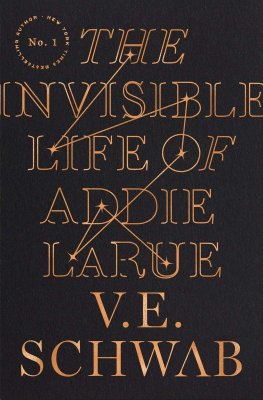


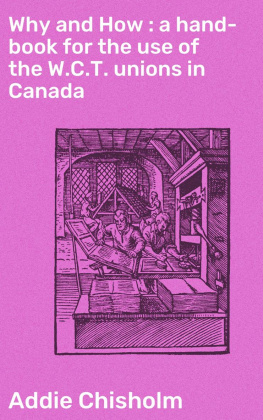
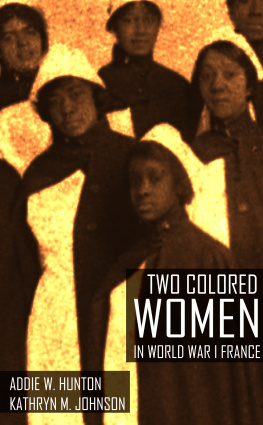
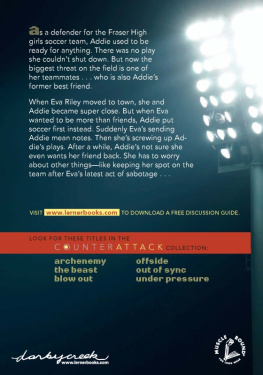
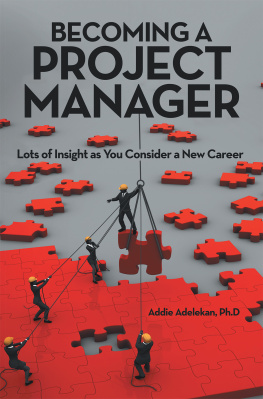
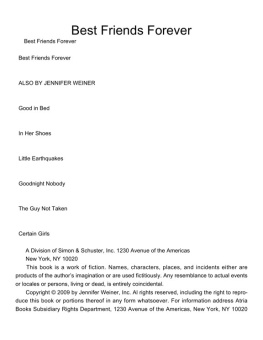
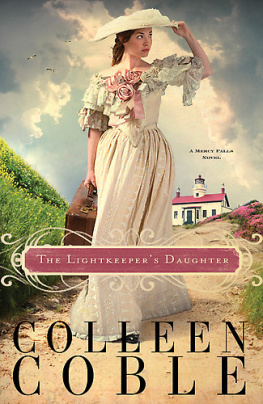
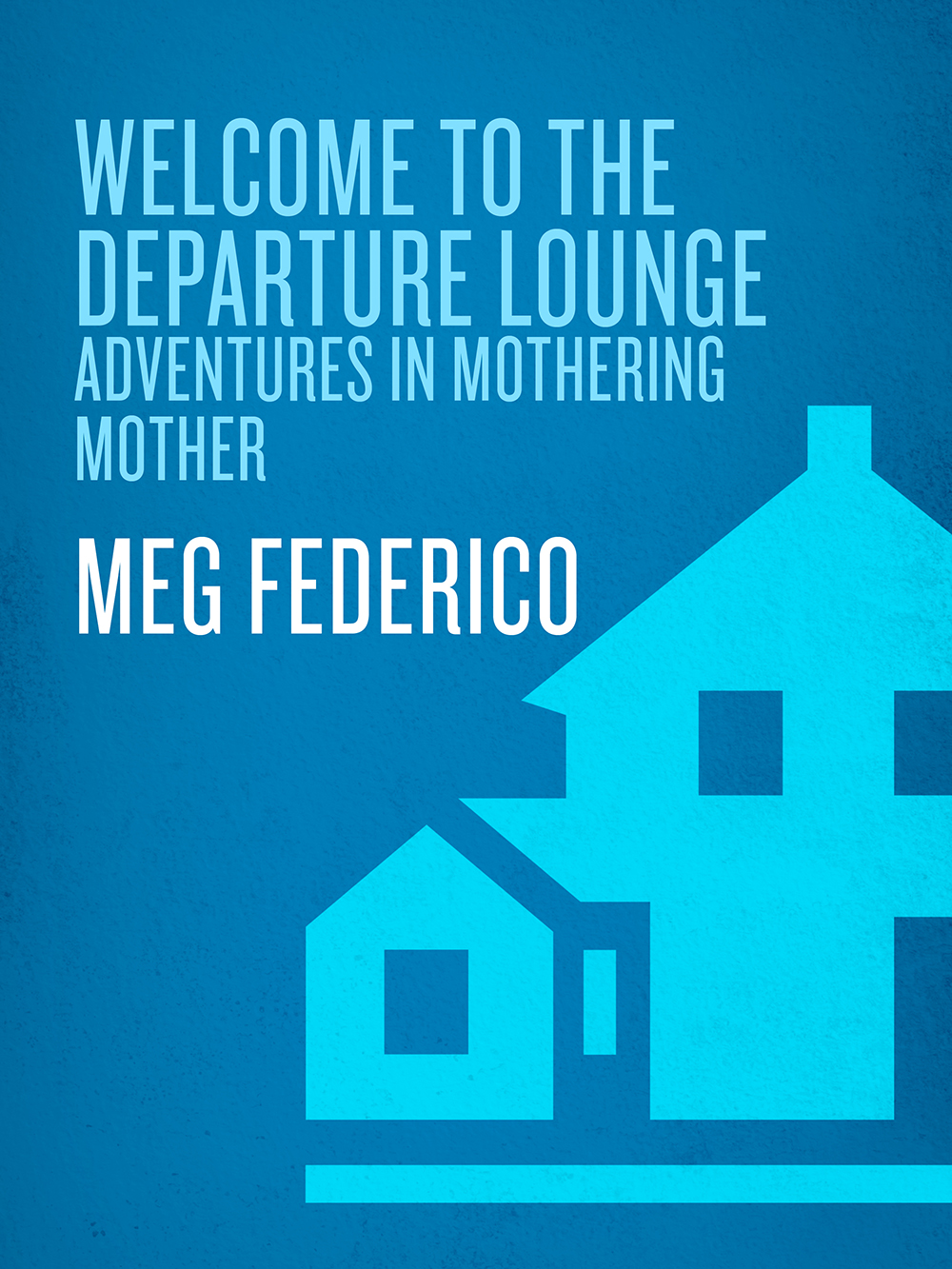
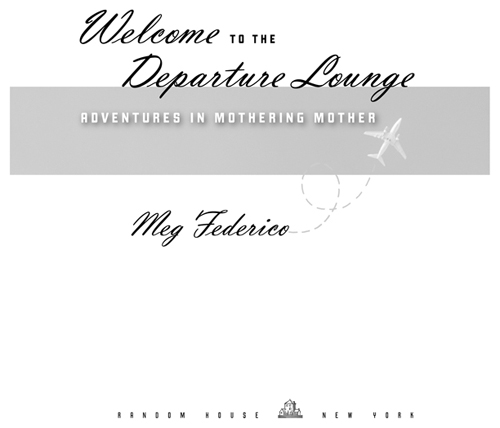
 was sitting at my desk plowing through bills when the phone rang. My stepsister, Cathy, never called unless we had problems. Her father, Walter Huber (age eighty-two), and my mother, Addie Henry (age eighty-one), after a dramatic and sometimes bruising courtship, married a few years ago. Not one of the eight offspring (me and my four siblings, Cathy and her two) in our newly blended family was pleased about this union, but there was nothing we could do about it. After all, our parents were grown-ups.
was sitting at my desk plowing through bills when the phone rang. My stepsister, Cathy, never called unless we had problems. Her father, Walter Huber (age eighty-two), and my mother, Addie Henry (age eighty-one), after a dramatic and sometimes bruising courtship, married a few years ago. Not one of the eight offspring (me and my four siblings, Cathy and her two) in our newly blended family was pleased about this union, but there was nothing we could do about it. After all, our parents were grown-ups.